 If you’re self-employed and you’ve taken any government Covid-19 assistance, then you could find it more difficult to get a mortgage in the future.
If you’re self-employed and you’ve taken any government Covid-19 assistance, then you could find it more difficult to get a mortgage in the future.
According to a new report in the Independent, many leading UK banks are refusing to agree mortgages for self-employed applicants who took coronavirus loans or grants including bounce back loans or payments from the Self-Employed Income Support Scheme. This is despite self-employed workers being told that using these support measures would not affect their credit ratings.
Robert Sinclair, chief executive of the Association of Mortgage Intermediaries, says that banks were now referring self-employed mortgage to their manual underwriters automatically, whether they had received financial support from the government or not. “As a result, fewer self-employed people are being granted a mortgage,” he adds.
While a spokesperson for the Financial Conduct Authority said: “Bounce back loans or support of this kind should not, of themselves, prevent people from being able to access credit,” the Treasury reaffirmed that it was made clear to borrowers that coronavirus loans would appear on an individual’s credit record.
A spokesman said: “Loans under the Coronavirus Business Interruption Loan Scheme and the bounce back loan scheme may be registered on a borrower’s credit file in line with usual practices for businesses taking on debt. This was made clear to borrowers when they applied for these schemes.”
UK Finance defended the position taken by the banks. A spokesperson for the trade association said: “We are unable to comment on firms’ specific approaches to lending to the self-employed. However, under rules set out by the Financial Conduct Authority, lenders are required to undertake a thorough income and expenditure assessment for any new borrowing to ensure that mortgages are affordable in the long term.
“Each lender will develop their own approach depending on their risk appetite, taking into account a range of factors such as the type of borrower, their employment status, the sector they work in and consistency of earnings over a number of years, when deciding how much to lend.”
If you’re self-employed and looking for a mortgage this year, download our useful self-employed mortgage guide for some great tips and advice. In the meantime, here are five practical tips that can help you get your application approved.
1. Save as big a deposit as you can
You’re more likely to get your mortgage application agreed if you have a substantial deposit.
As of January 2021, mutual lender Nationwide requires self-employed borrowers to put down a deposit of at least 15%, while Santander need at least a 40% deposit from applicants working for themselves.
2. Be prepared
With many self-employed mortgage applications being manually underwritten, lenders might need a lot of information from you when you apply. As a self-employed borrower you will typically have to provide:
- At least two years’ accounts or self-assessment tax returns
- SA302 forms
- 6 to 12 months’ business bank statements
- Evidence of existing and future contracts with customers (if applicable).
You may also have to supply data to demonstrate that the sector you operate in has not been adversely affected by Covid-19.
To maximise your chances of success, it can pay to be prepared and to have all these documents available to an underwriter. Of course, if your business bank statements show a well-managed account then this will support your application.
3. Be patient
When applying for a mortgage it may be necessary to give yourself plenty of time. As some lenders have reverted to manually underwriting self-employed mortgage applications in an effort to take the individual’s circumstances into account, the process could take longer than usual.
If you need to work to a tight timescale, it can pay to speak to a professional mortgage expert (see below). Many brokers work closely with lenders and know which of them might be able to agree a mortgage quickly.
4. Understand how lenders treat your income
Lenders treat self-employed applicants in a range of ways. Banks and building societies treat you differently depending on whether you’re a sole trader, you own a 25% stake in a large business, or you’re a freelancer or contractor.
Understanding how a lender treats your income can be critical to getting the mortgage you want. For example, some will base the borrowing on your salary and dividends, while others will take retained profits into account. Others specialise in working with contractors and use the value of your contract.
When we meet self-employed clients, we always consider several ways of measuring income. By doing this, we can ensure we get you both the amount you need to borrow and the most competitive deal available.
5. Speak to an expert
If you’re self-employed then it can pay to benefit from the experience expertise of a mortgage professional. We work with many self-employed clients, which means we can make sure you’re completely prepared and in a great position to move quickly when it comes to getting a mortgage.
In addition, we can give you advice on how you structure your income well in advance of applying for your mortgage. This will give you some idea of the level of income you’ll need to declare in your accounts or self-assessment to get the mortgage you need.
If you’re self-employed and you want to maximise your borrowing potential, we can help. Email [email protected] or call us on +44 (0) 20 3786 7270.
Please note
Your home may be repossessed if you do not keep up repayments on a mortgage or other loans secured on it.




